Collector’s Guides • 02 Sep 2016
Rolex – Keeping Time In The Air, On Land And In The Sea
Today the term “sports watch” is loosely applied to any timepiece originally designed to withstand some sort of activity that may involve shocks or environmental resistance. We tend to think of such watches as ideal for things like swimming, exploring, or working in a dangerous environment – but each genre of sports watches was invented in order to solve very specific problems.
Rolex is a brand that knows how to keep tradition alive. Embodied in their most popular sports watches is a history of overcoming practical problems while offering individuals accurate timing in the best or worst of conditions.
In 1927 Rolex made engineering (and marketing) history by placing their Oyster watch on the wrist of a record-setting swimmer Mercedes Gleitze while she crossed the English Channel to prove their timepiece was water resistant. This gave birth to the larger collection of Oyster watches, named after the hermetically sealed watchcase, that all share the features intended to protect movements from water, dust, and shock.
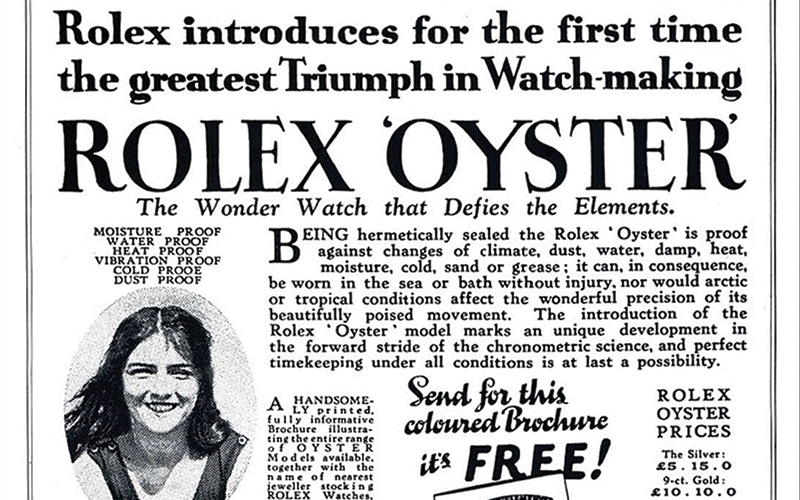
Rolex then decided to specialize even further producing particular watches for a range of specific purposes. Drivers needed easy to reference chronographs while driving or while monitoring the driving of others. Rolex spent decades perfecting its chronograph watches until it was eventually christened the Cosmograph Daytona in celebration of the famed Daytona Speedway in Florida. The collection remains one of the brand’s most popular family of products today on the wrists of many people who may not even know it originated as a timepiece to time motorsports.
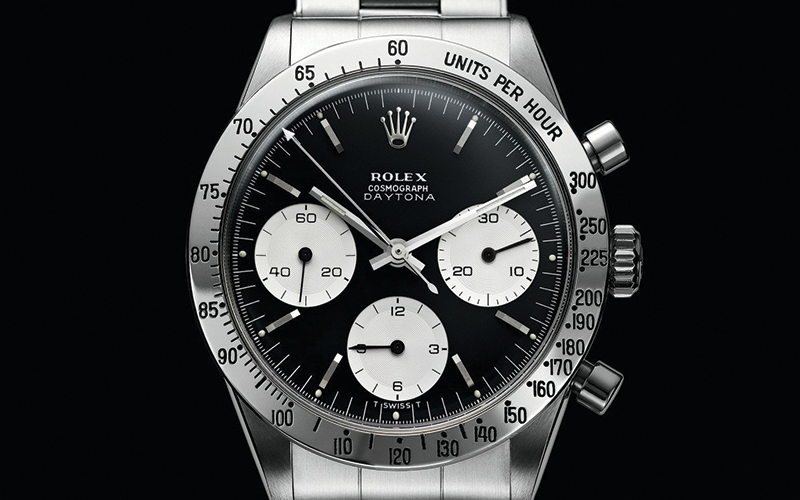
Watches for explorers are also a historic expertise of the Swiss watchmaker. The aptly named Explorer collection of watches began with Rolex’s participation in Sir Edmund Hilary’s ascent to the top of Mount Everest in 1953. The climber needed a timepiece that was not only legible and reliable, but that would also serve his team well in extremely cold and brutal environments during a climb that caused death for many.
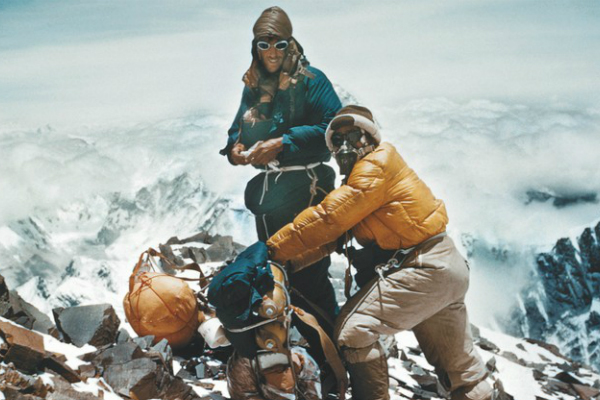
The 1950s was a valuable time in Rolex’s history, the era when many of its now iconic sports watches made their debut, a line-up that also includes the GMT-Master. At the dawn of the jet age, commercial airline pilots needed a watch that allowed them to tell the time in more than one time zone – namely the time in the city of their departure as well as that of their destination. Remarkably unchanged after sixty years, the GMT-Master II of today owes its existence to the needs of professional aviators.
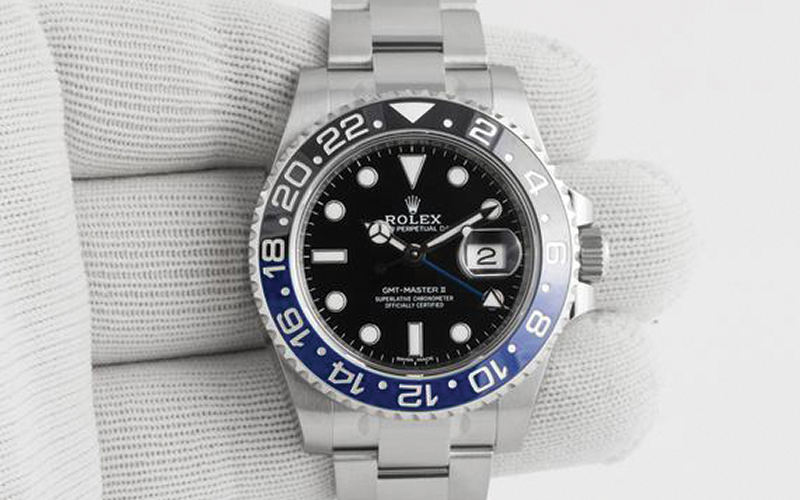
The early 1950s also saw the release of Rolex’s most popular sports watch collection, water-resistant watches for divers. As tool for both professional and recreational divers when scuba diving was just becoming popular in the 1950s, Rolex was already heavily invested in the quickly growing market for timepieces meant to survive the depths. An experimental Rolex dive watch even made history when it reached the deepest point on Earth with the Bathyscaphe Trieste in 1960.
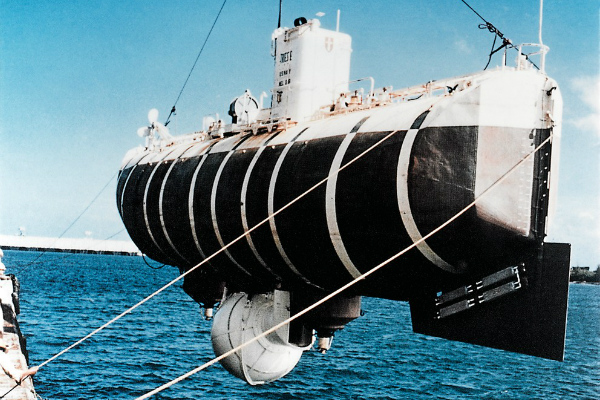
Today Rolex produces no less than three diving watch models boasting increasing depth rating with the Submariner, Sea-Dweller 4000 and, Sea-Dweller Deepsea. The latter especially came about as the result of intense research and development at Rolex to develop timepieces meant to go to extreme depths, unbelievably harsh conditions that would quickly see humans perish long before any of these timepieces would even take notice of the extremely pressures of the deep.
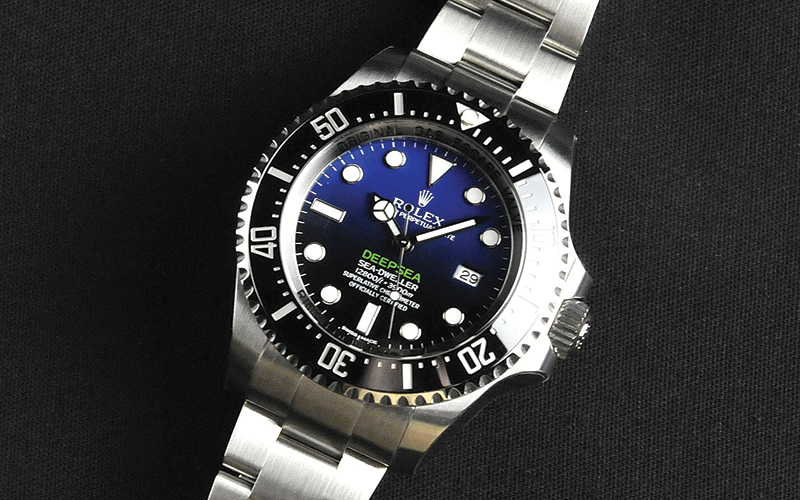
If you’re interested in these Rolex Watches, you can find more information by visiting us at any one of our boutiques, speaking with our Sales Consultant or simply click here.












